Category:Role of Government

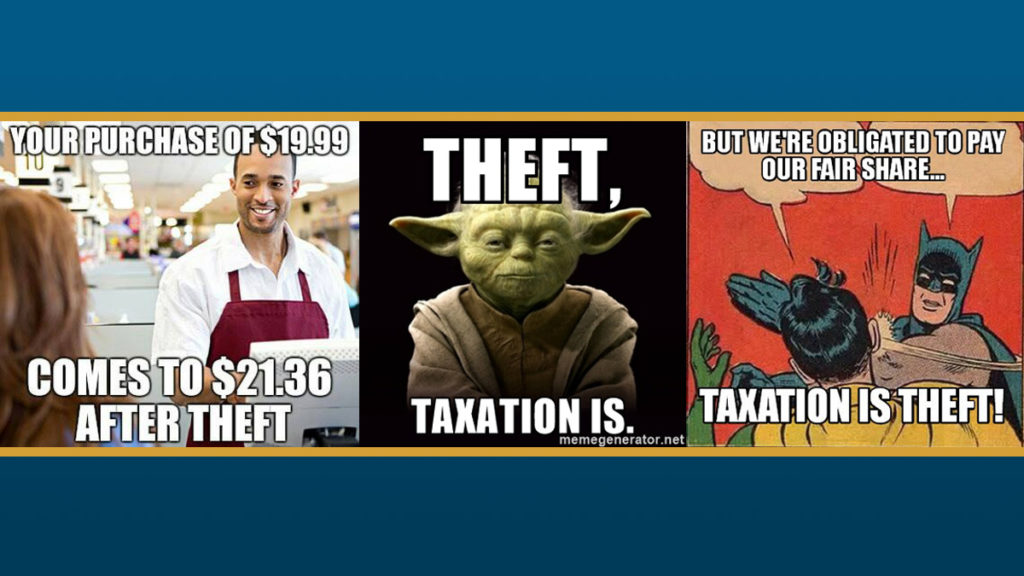
Is taxation theft?
February 27, 2017 | Post
I have my doubts about the “taxation is theft” meme making the rounds on my Facebook feed.

What you should know about the Non-Aggression Principle
February 24, 2017 | Post
Libertarians talk about the non-aggression principle a lot, but what does it mean?

Rawls the Irrelevant
February 21, 2017 | Post
My thesis is simple: If you want to square libertarianism with social justice, John Rawls’ A Theory of Justice is probably not a book you should reach for.
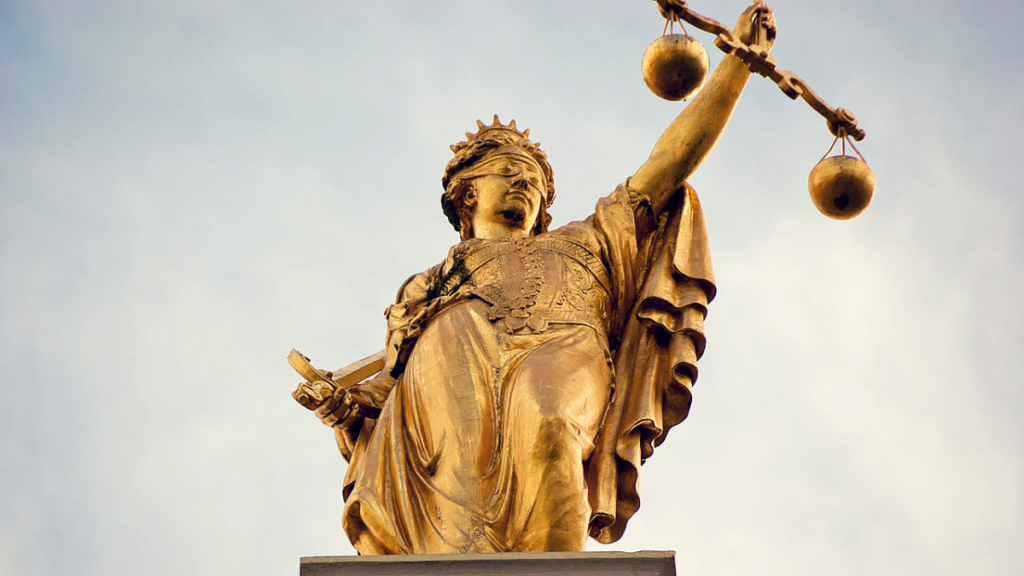
A (Revised) Theory of Justice
February 21, 2017 | Post
Although Rawls is part of the liberal tradition, he is arguably the pinnacle of the “high” liberal tradition, which is a far cry from the “classical” side I’m more comfortable with.

Was Jeremy Bentham a Classical Liberal at heart?
February 15, 2017 | Post
Jeremy Bentham was born on Feb. 15th, 1748, in Spitalfields, England. One of the main early advocates of utilitarianism — the ethical view that, roughly, an act is right insofar as it promotes happiness, and wrong insofar as it does not — he is best known for his view that “it is the greatest happiness […]

War, diplomacy, and global uncertainty in the Trump era
February 14, 2017 | Post
Are Trump’s cabinet full of generals, his openness to torture, and the “peace through strength” message from the White House all signs that he plans to rely on military power.
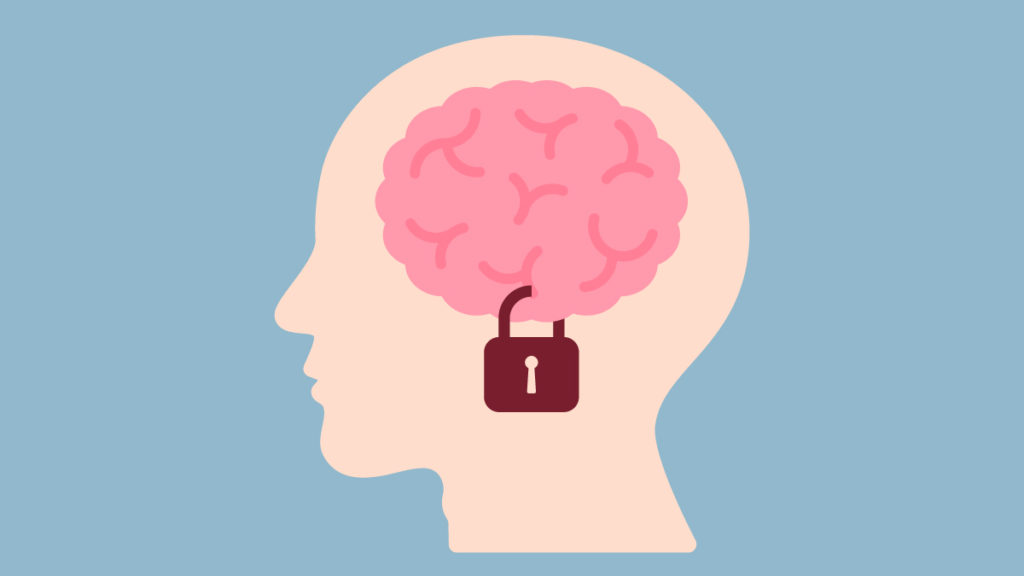
Civil servants should not lose their jobs for committing thought crimes.
February 14, 2017 | Post
A government commission has recommended that a civil servant be removed from his post because of his thoughts. A scene from George Orwell’s 1984 or the dystopian novel Kallocain? Alas, no. Welcome to present-day Oregon. On January 25, 2016, Oregon’s Commission on Judicial Fitness and Disability recommended that Judge Vance Day be removed as a […]

Constitutional crisis or the Constitution at work?
February 10, 2017 | Post
We’re seeing the Constitution raise its craggy head and shake itself awake after having been essentially shoved in a corner to nap for the last few decades.

Judicial "Activism" vs. Judicial "Engagement"
February 10, 2017 | Post
The Director of the Center for Judicial Engagement at the Institute for Justice, Clark Neily, and an editor at the Library of Law and Liberty, Mark Pulliam, recently debated the role of the judiciary in American constitutional democracy over at City Journal. At issue is which judicial philosophy conservative and/or libertarian-minded people should support. Pulliam […]

Make Compromise Great Again: Arthur Schlesinger and the politics of the extreme
February 8, 2017 | Post
It is the peripheral positions in modern politics, on both right and left, that inevitably deteriorate into tyranny.

Immanuel Kant: Philosopher of Freedom
February 2, 2017 | Post
Kant was self-consciously an Enlightenment liberal who believed in limited government and maximum freedom.

Crony-in-Chief: Donald Trump epitomizes Ayn Rand’s “Aristocracy of Pull.”
February 2, 2017 | Post
A president who truly understood Rand’s philosophy would not be cozying up to Putin, bullying companies to keep manufacturing plants in the United States, or promising “insurance for everybody.”

Lunar prisoners fight for freedom in Robert A. Heinlein’s The Moon Is a Harsh Mistress
February 1, 2017 | Post
My message to you today is simple: don’t miss this book. There is a lot to be learned about liberty here.
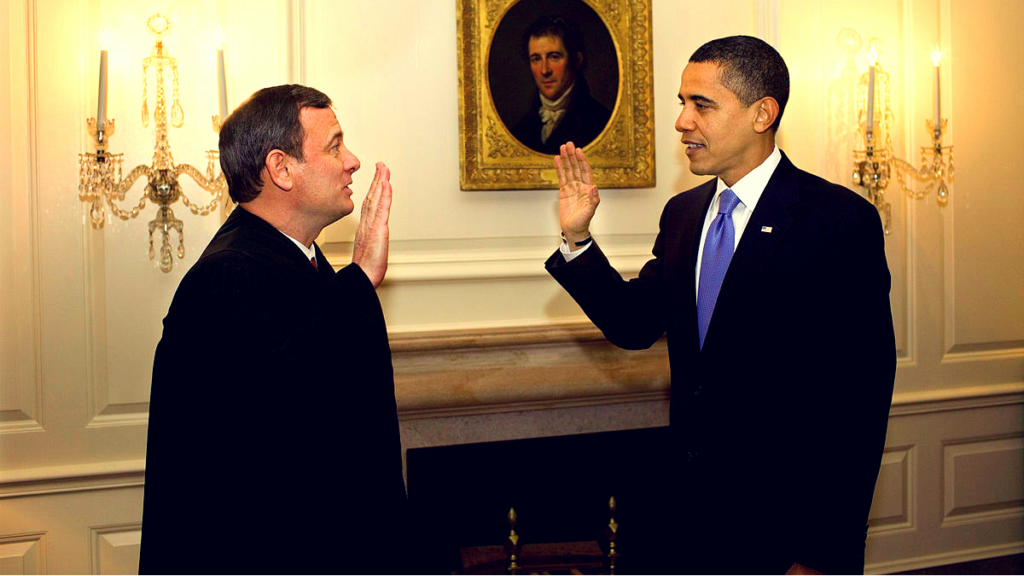
Obama’s constitutional legacy
January 27, 2017 | Post
Obama deserves credit for helping to push the struggle for same-sex marriage to a successful conclusion, for appointing some highly capable judges (despite flaws in their judicial philosophy), and for causing the Supreme Court to establish some valuable precedents protecting federalism, property rights, and religious freedom (albeit, often unintentionally). On the other hand, we may well have occasion to rue his overly expansive approach to executive power, particularly when it comes to initiating wars without congressional authorization.

We need less politics and more private governance
January 26, 2017 | Post
One of the most important things we can do is really explain and understand how markets, not government intervention, are our best hope for an orderly and prosperous society.

5 weird ways Prohibition still exists today
January 25, 2017 | Post
Prohibition was repealed more than 80 years ago, but we’re still feeling its policy hangover.

President Trump's 6 biggest threats to liberty
January 20, 2017 | Post
Donald Trump is president. Here are his six biggest threats to liberty.

Trump’s First 100 Days — Learn Liberty Roundtable
January 20, 2017 | Post
What follows is an extended transcript of a conversation I had with four professors about Donald Trump’s first 100 days plan. The transcript below has been edited for clarity.

Stop calling out the hypocrites
January 12, 2017 | Post
In a few short weeks, Donald Trump will assume the presidency. On executive orders, judicial appointments, political obstructionism, infrastructure spending, and war-making powers, rest assured: flips will be flopped, shoes will make their way onto the other foot, turnabout will be fair play, and libertarians of all stripes will be there to point out the hypocrisy.
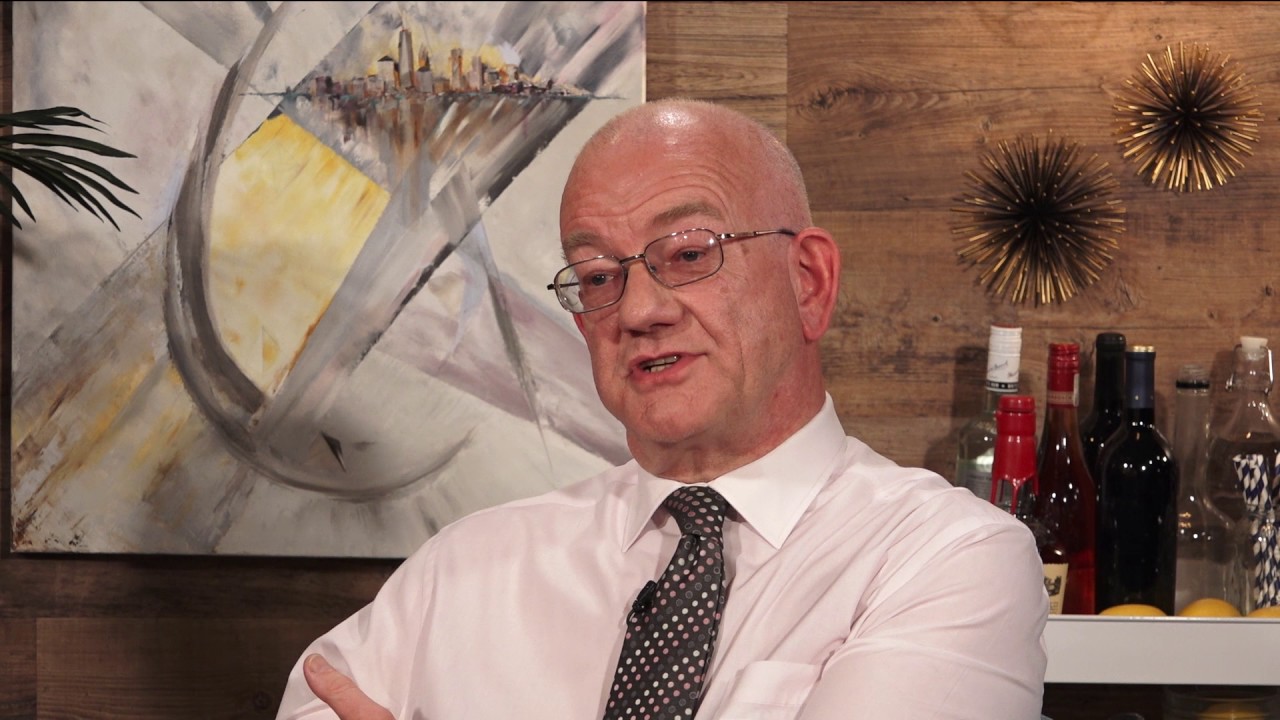
When Should Libertarians Support Foreign Intervention?
January 9, 2017 | Video
Dr. Stephen Davies asked a key question: for any proposed foreign intervention, which course of action maximizes liberty? He argues that it is rare for the benefits to be greater than the cost to human rights. He also addresses the question of consequences to both the countries acting and those being acted on.

4 New Year's resolutions for the Trump administration
January 3, 2017 | Post
Trump doesn’t seem like the type for self-improvement, but here are four unsolicited recommendations anyway.

Liberalism reconstructed for a world divided
December 31, 2016 | Post
So 2016 is limping to an end with an assassination of an ambassador, another “inspired” attack on innocents at a Christmas market, and the formal election of a master crony-capitalist to the office of the presidency of the United States.
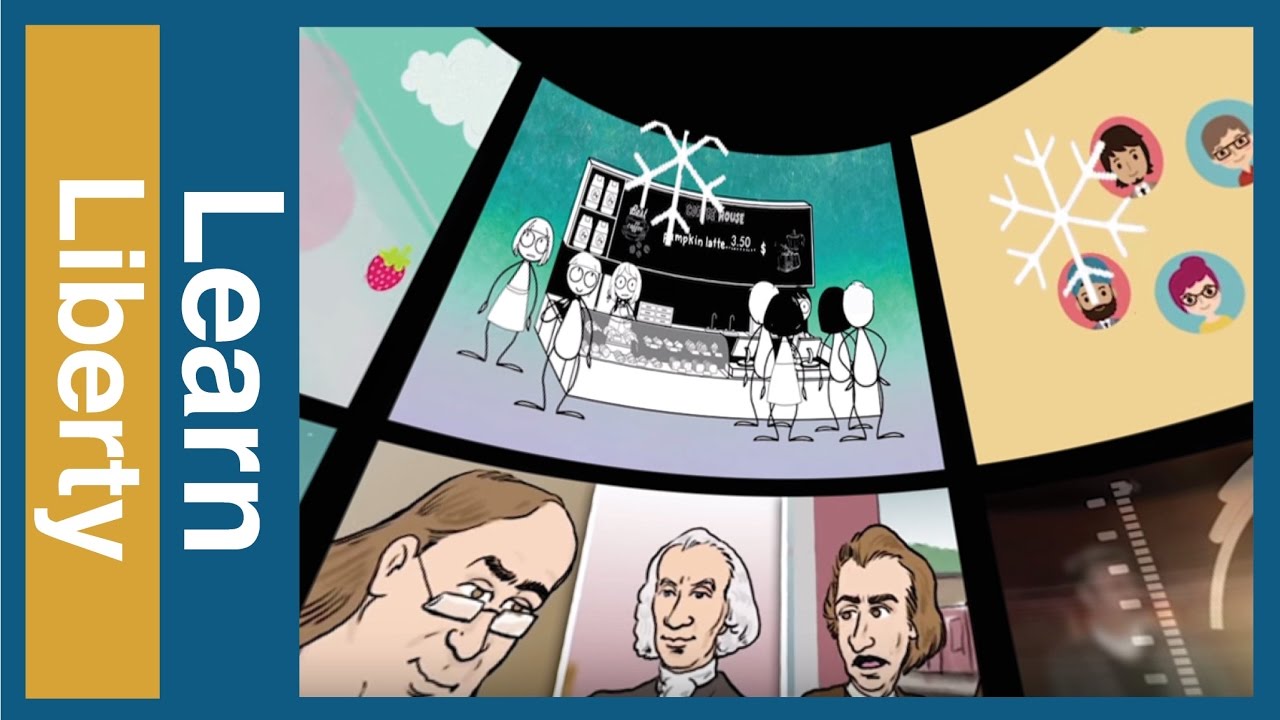
Happy New Year from Learn Liberty (360°)
December 30, 2016 | Video
2016 was a wild ride, and we’re grateful to fans like you who watched, commented, and shared along the way. Check out the links below to see our top 10 most popular videos from this year: Economics: Is Raising Minimum Wage A Bad Idea? How Big is the U.S. Debt? Government Surveillance: We’re Being Watched […]

Rogue One and the Politics of Star Wars
December 29, 2016 | Post
As Tyler Cowen puts it, in many ways “this is the real Star Wars movie that many of you have been waiting for.”

